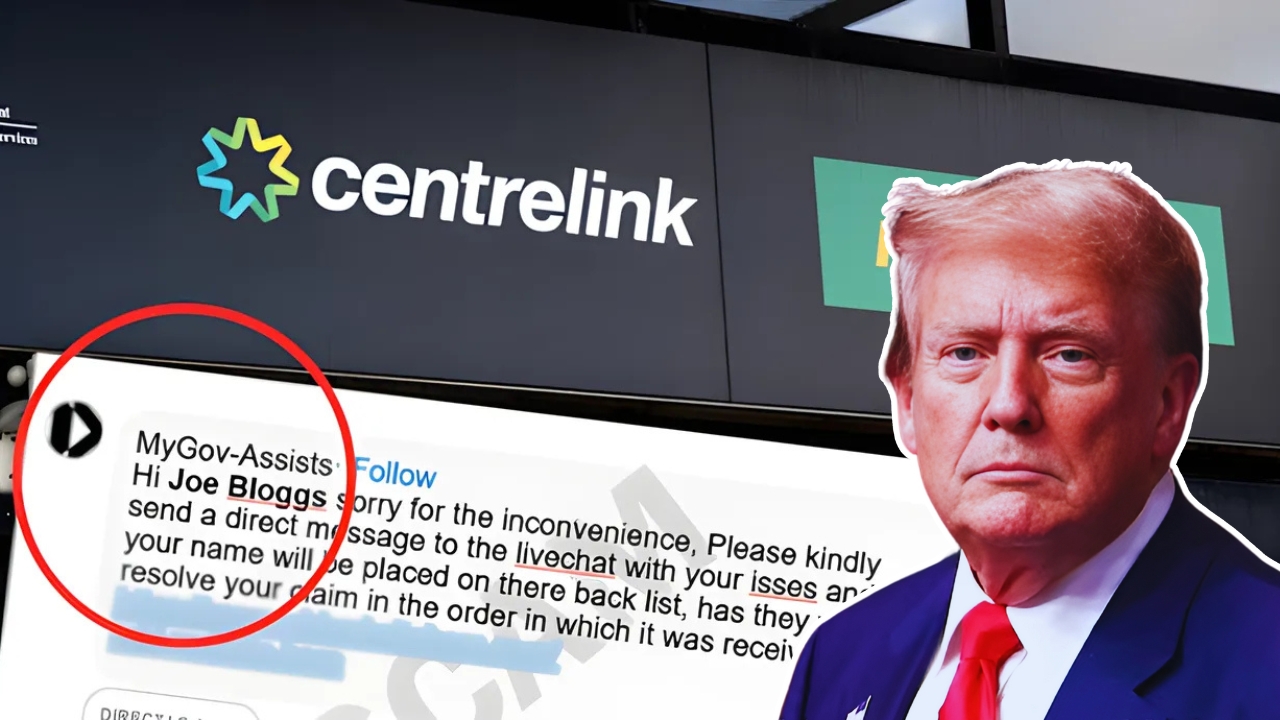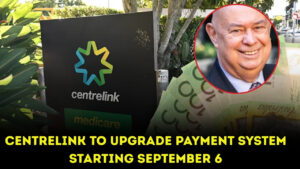Users of Centrelink and Medicare services in Australia are being alerted to a rise in scams that target vulnerable families. Reports are coming in from all over the country in the last month alone, with government impersonators attempting to con Australians into giving up personal and banking details. The Australian Competition and Consumer Commission (ACCC) has confirmed that scams that target welfare as well as health payments have surged in the past few weeks. Many users reported that they were sent phone calls, text notifications, and even emails that seemed to originate from genuine government offices.
How the Scam Operates
Generally, the con starts with a text notification stating that a Centrelink or Medicare account has some irregularities. The message often claims that critical action must be taken to “prevent service suspension.” Victims are then asked to click on a suspicious link or provide sensitive information over the phone. Experts in cybersecurity claim that con artists are employing increasing effective tactics, to include fake websites and caller ID masking that makes the deceptive calls appear genuine. To make the matter worse, some scammers go as far as using threats, warning of losing benefits, to make victims comply.
Who Is Being Targeted?
As per Services Australia, older Australians as well as individuals dependent on biweekly Centrelink payments tend to be the primary targets.The menace now encompasses all demographics, with users of Medicare also noticing anomalous behavior. Recipients of Family Tax Benefit and JobSeeker payments also appear to have been targeted by these fraudulent schemes.The common element here is the predicated access to government payments which increases the likelihood of these individuals to act instantly out of panic of losing vital sustenance.
Warning Signs to Look For
| Warning Signs | Details |
|---|---|
| Urgent Messages | Scammers send messages requiring immediate attention |
| Unknown Contact | Contact may come via unknown phone number or unfamiliar email address |
| Sensitive Document Requests | Requests for banking, MyGov, or other sensitive documents |
| Suspicious Links | Links lead to documents not matching official government websites |
| Recommended Action if in Doubt | Do not click links or share details; log in directly to MyGov or contact Services Australia via official phone number |
Official Response from Government Agencies
Services Australia has clarified that government agencies will not ask the citizens to provide passwords, banking details over the phone, and details confirming unsolicited messages via emails and text. Government officials are collaborating with the ACCC`s Scamwatch and other agencies dealing with cybersecurity to address the growing menace. Australia’s Minister for Government Services, Bill Shorten, has advised Australians to report any form of suspicious communication stating, “If something feels off, trust your instincts and check directly with Services Australia before taking any action.”
Actions to Take If You Are a Target
Services Australia and Scamwatch recommend the following actions for individuals who suspect they are targets.Cease any further communication with the suspected scammer. Do not divulge any personal or banking information.Report the scam attempt to Scamwatch or Services Australia. Reset any hacked passwords, secure all accounts, and monitor bank accounts for suspicious activity Vulnerable Australians continue to be targeted by scammer method, which has advanced. Government benefits are a lifeline for a many, which underscore the need for Australians to remain alert. The message is clear: exercise vigilance, check trusted sources, and never share personal information unless the request is verified.



